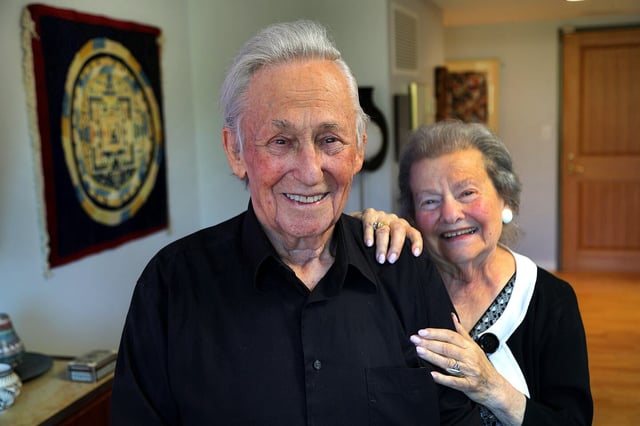Overview
- FaceAge uses AI to analyze facial photographs, estimating biological age as a biomarker for health and survival predictions.
- A study published in The Lancet Digital Health validated the tool on 6,200 cancer patients, showing biological ages averaged five years older than chronological ages.
- Higher FaceAge scores correlated with worse survival outcomes, especially for patients with biological ages exceeding 85 years.
- FaceAge outperformed clinicians in predicting short-term life expectancy in palliative radiotherapy, enhancing decision support in treatment planning.
- Researchers are refining the tool with expanded datasets, exploring factors like cosmetic interventions, and addressing ethical concerns to ensure responsible use.



